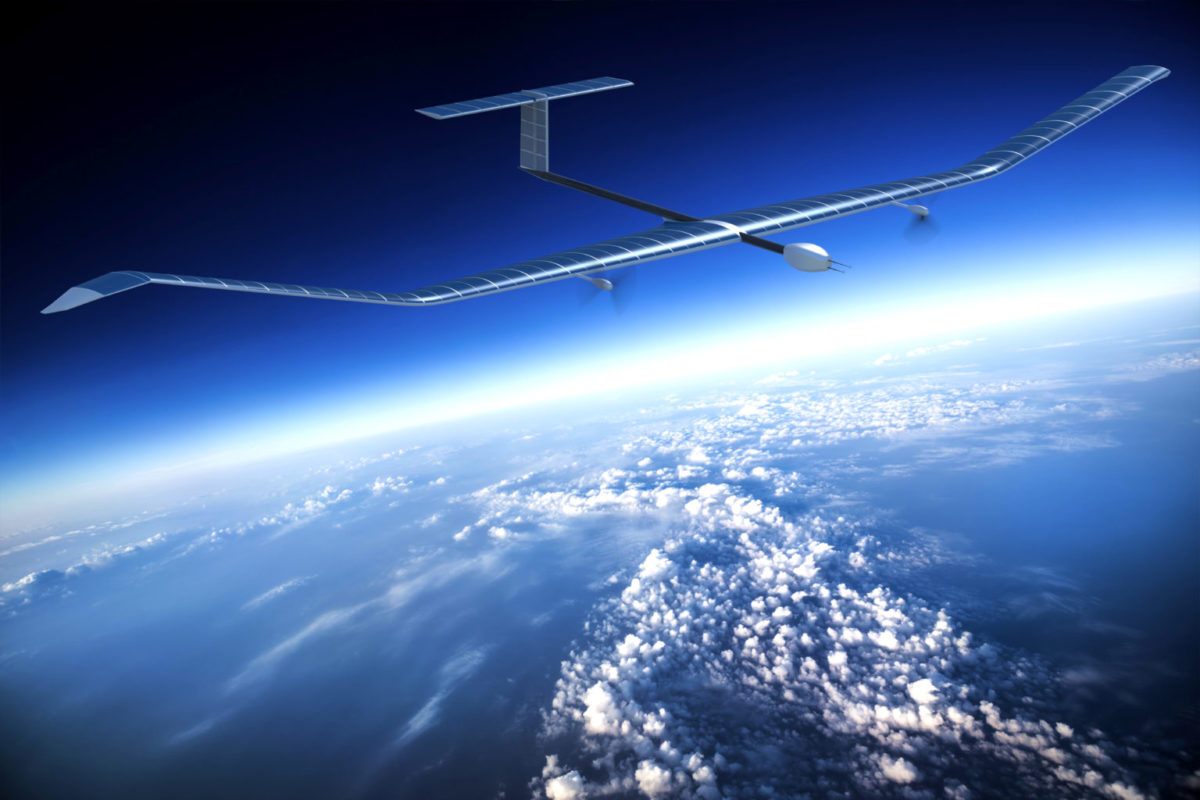From pv magazine France
After 64 days of continuous flight, a solar-powered drone-satellite developed by Airbus Defense and Space crashed in the desert in the US state of Arizona on Aug. 18. The incident did not cause any injuries.
“The prototype aircraft's flight ended when the Zephyr 8 UAS encountered events that led to its unexpected shutdown,” said the US Army Command in a statement.
The drone was launched from the Yuma Proving Ground (YPG) test site in Arizona on June 15. The unmanned aircraft soared more than 60,000 feet (about 18 km) over the southern United States, the Gulf of Mexico, and South America, before returning to its starting point. Prior to the crash, air traffic control data showed the drone flying at an unusually low altitude.
“The military and its partners have collected invaluable data and increased knowledge about the endurance, battery efficiency, and station-keeping capabilities of the aircraft at high altitudes,” said said Michael Monteleone, director of the military program overseeing the flight. “This knowledge will allow us to continue to advance the requirements for reliable and modernized stratospheric capabilities for our soldiers.”
Popular content
The drone, which is remotely controlled by satellite, weighs 75 kg. It has a wingspan of 25 meters and is entirely covered with PV modules with multi-junction cells. The system enabled the aircraft to travel more than 55,000 km, or more than one trip around the Earth.
The Zephyr 8 drone managed to double the previous endurance record for an unmanned aircraft, which was just under 26 days. Within a few hours, it would have been able to break the record for the longest flight in history, held by two American airmen, at 64 days, 22 hours, 19 minutes and five seconds in the sky.
Unmanned aircraft are drawing interest from the military and telecoms sectors. They can be used for high-resolution observation, surveillance, and high-speed communication services.
This content is protected by copyright and may not be reused. If you want to cooperate with us and would like to reuse some of our content, please contact: editors@pv-magazine.com.



1 comment
By submitting this form you agree to pv magazine using your data for the purposes of publishing your comment.
Your personal data will only be disclosed or otherwise transmitted to third parties for the purposes of spam filtering or if this is necessary for technical maintenance of the website. Any other transfer to third parties will not take place unless this is justified on the basis of applicable data protection regulations or if pv magazine is legally obliged to do so.
You may revoke this consent at any time with effect for the future, in which case your personal data will be deleted immediately. Otherwise, your data will be deleted if pv magazine has processed your request or the purpose of data storage is fulfilled.
Further information on data privacy can be found in our Data Protection Policy.